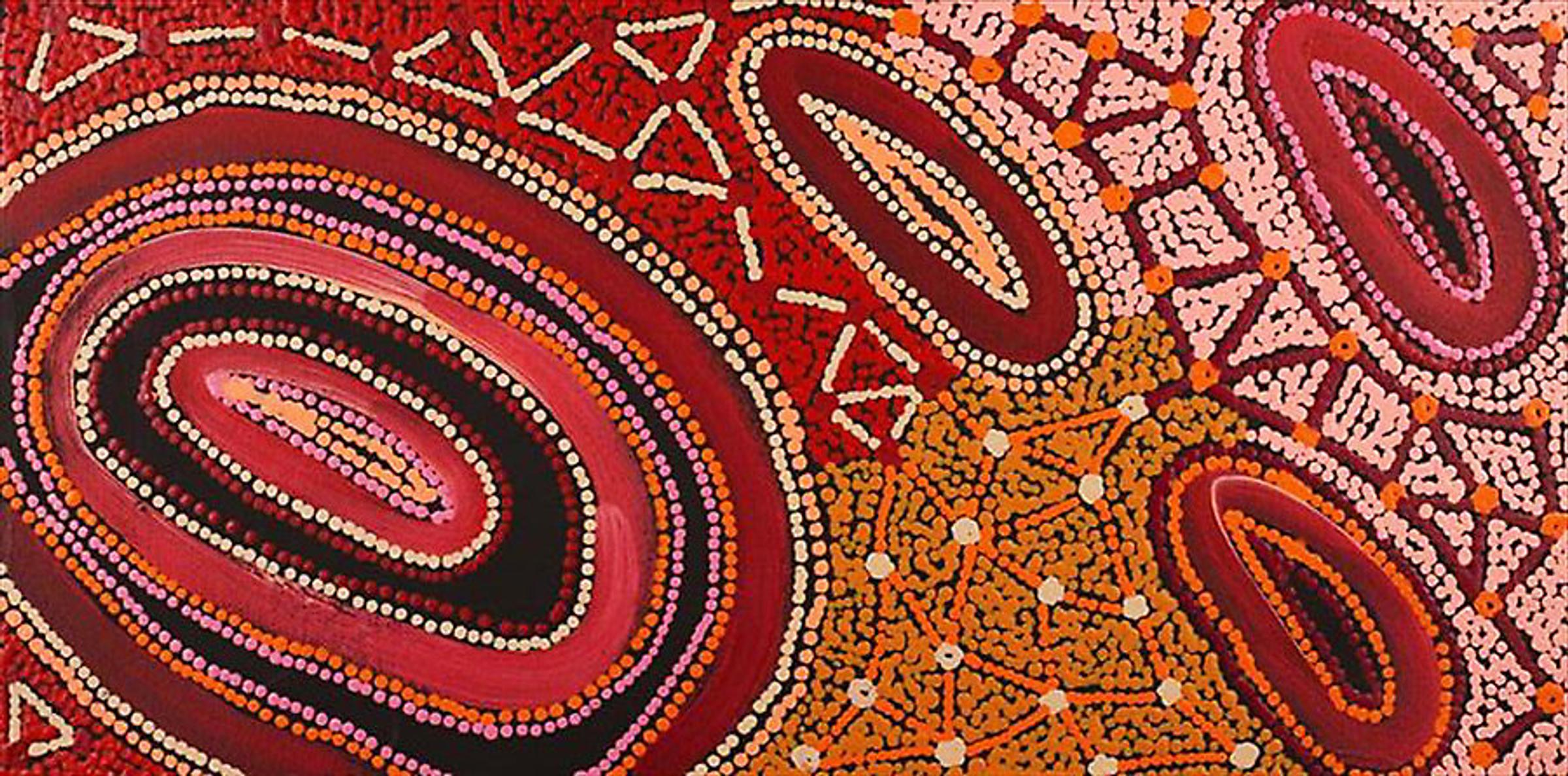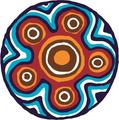Year 1 Term 2 Overviews

Dear Year 1 Families,
Welcome back to school for Term 2! We have been very proud of the Year 1 student’s transition back into the routines and they have already demonstrated their growth since Prep!
Curriculum:
Literacy
Throughout reading in Term 2, Year 1 students will be exploring non fiction texts and their features that help the reader to understand the information. Students will be learning to use reader’s tools such as contents, captions, diagrams, subheadings and headings to assist with their comprehension while reading. Students will be investigating synthesising with non fiction texts, by making links to their prior knowledge, and identifying new information/facts learnt from the text. In addition to synthesising, students will transfer their knowledge of summarising to non fiction texts and learn how to identify key information to help summarise the important facts. Students will also continue to develop their ability to decode while reading, focusing on strategies such as: looking for chunks within words, stretching the sounds, and blending sounds together to solve unknown words. Through guided reading, students will continue to explore other comprehension strategies such as inferring and predicting with a variety of fiction and non-fiction texts. Students will also understand how to critique texts based on personal opinion and explain the strategies authors use to make a text more interesting and engaging.
In writing, students will be using mentor texts to support their understanding of sentence fluency. Throughout the term students will investigate how an author starts sentences in different ways and uses punctuation to create flow in their writing. Students will focus on real life experience to assist them with writing procedures, explanations and expositions. Students will continue to build on their ability to use punctuation such as full stops and capital letters correctly. Each week, students will engage in SMART spelling as well as handwriting practice to help improve their understanding of spelling patterns and letter formation.
Numeracy
This term, Year 1 students will learn how to tell time to the hour and half-hour using analogue and digital clocks and describe the duration of familiar events. Students will then explore chance through looking at everyday events and describing them using everyday language such as ‘will happen’, ‘won't happen’ and ‘might happen’. Later in the term students will be learning how to order Australian coins according to their value and describing the coins’ appearance (shape, size, colour). Year 1 students will also have an integrated focus on place value throughout the term to expose them to multiple strategies of counting efficiently and additive strategies
Inquiry -
Throughout this inquiry, Year 1 students will lead the direction of the inquiry based on their wonderings, creativity and critical thinking to investigate the driving question: How can we use science, technology and materials to improve the needs of our daily lives? Students will identify the difference between living and non-living things, and understand how science and technology is used in our everyday lives. Through exploration of different types of materials, students will analyse properties of common materials and identify the effects, changes and different uses. Students will identify a need based on their daily lives, and engage in a sequential design process to create a technology solution. At the conclusion of the unit, students will take action with their learning, and plan how they will make an impact outside of their school environment.
Ways to Help Your Child At Home:
Home Reading -
Please ensure that your child is reading every night at home for at least 20 minutes, following up with a conversation about the book (this is very important to help them verbalise their understanding). Please see your child’s homegroup teacher if you having trouble accessing Reading Eggs or Wushka.
Learning Goals - Your child’s individualised learning goals are listed on Compass. There is a reading goal, a maths goal, a writing goal and an Inquiry or SEL (social and emotional learning) goal for your child. Please read these and support your child by going through the suggested strategies to help at home. These goals are changed every three weeks, and you will also be informed of your child’s achievement of these goals. If you have any questions regarding your child’s goals, please see your child’s teacher.
Spelling - We will be continuing SMART Spelling each week as usual this term. Every Monday, the SMART Spelling words for the week will be uploaded onto Compass. Please ensure your children practise their 5 words by completing one task at home each night.
Year 1 Homework Matrix - You can find our Homework Matrix on Compass. There are lots of fun activities for your child to complete either independently or with a family member. Please note: This is to be completed at your own pace throughout the term, as we understand you might not be able to complete homework on some days. We recommend choosing 3 tasks a week and completing this in your homework book (if needed)!
We look forward to working with you and your child this year. Please come and see your child’s teacher if you have any questions or concerns. After school is best for a quick chat, otherwise send your child’s teacher an email to set up an appointment time for a longer chat.
Year 1 Team
